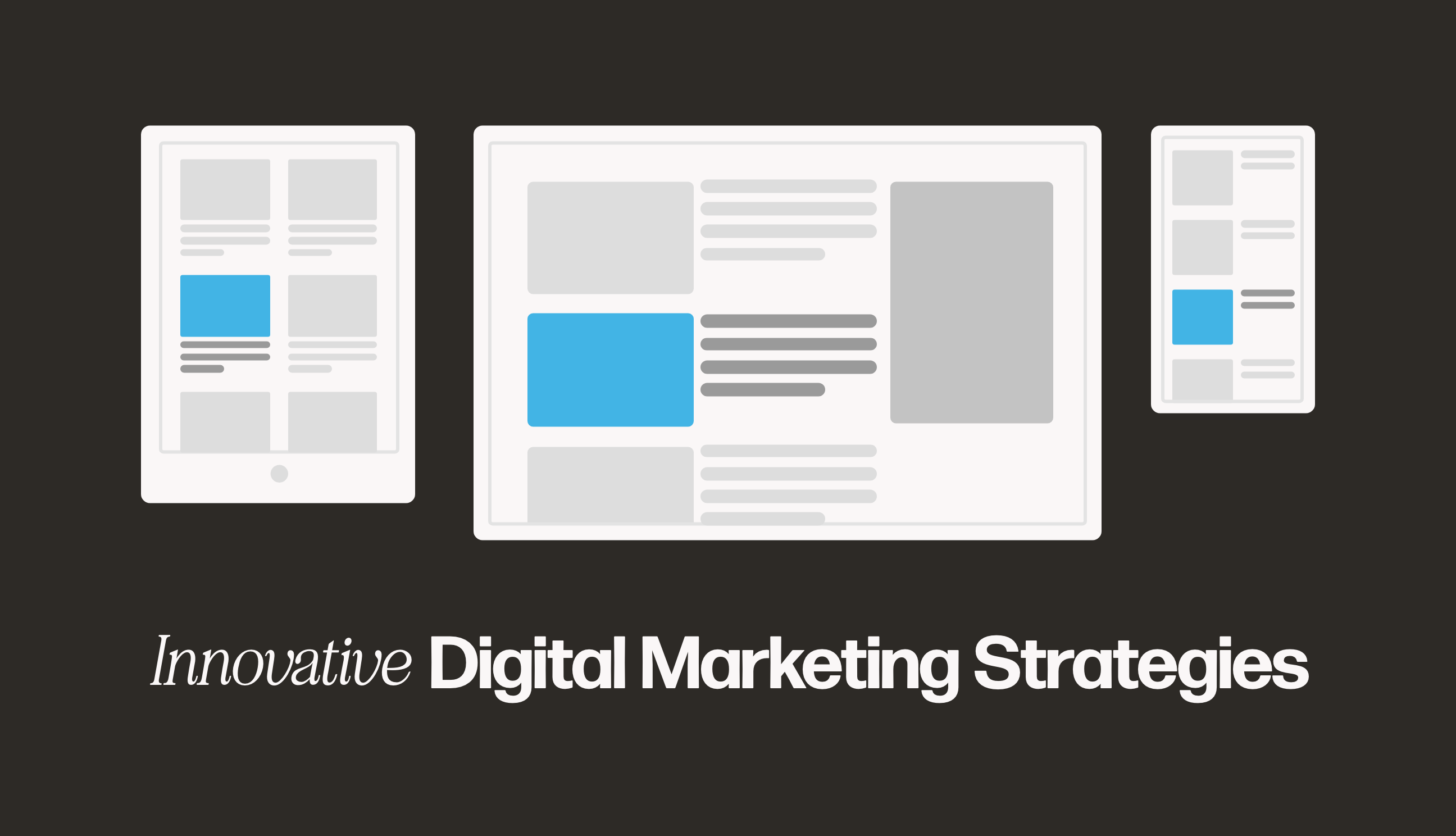8 Digital Marketing KPIs You Need to Know


By Sandy | Sep 8, 2021 (5 min read)
Marketing | PPC | SEO | Social Media
Over 40 years ago, the famous management consultant Peter Drucker shared a powerful insight:
“What gets measured gets improved.”
Don’t be fooled by the simplicity of this statement. It is at the core of a lot of digital marketing success. The method that most business owners use to measure their success is known as a KPI.
A key performance indicator (KPI) is a specific type of measurement for the performance of your business against a specified objective.
One of the key benefits of digital marketing, when compared to traditional marketing mediums, is the ability to measure and track marketing results with pinpoint accuracy. There is no guesswork, as all the reports show exact numbers of clicks, engagement, purchases, etc.
But the big question is which digital marketing KPIs are important for your business to monitor?
Here is a list of the top 8 digital marketing KPIs that you should track in 2021. For each KPI, we’ll include a basic definition and the best way to keep track of it. Each digital marketing KPI can help you as a marketer to better refine and plan your strategy and supercharge your success.
1) Bounce Rate
The bounce rate for your website is the percentage of users who land on your website and then leave straight away having viewed only one page.
A digital marketing campaign that uses bounce rate as a key performance indicator might be focused on improving website usability, user experience, and user engagement on their website. Search engines like Google prefer to send organic traffic to websites with a low bounce rate.
By adding more internal links, creating new content, revamping old content, or introducing technical fixes that improve page speed and functionality, you can help to increase the bounce rate on your site.
You can easily measure the bounce rate on your website through Google Analytics.

2) Click-Through Rate (CTR)
In digital marketing, the click-through rate (CTR) is a marketing metric that describes how frequently an email, organic search result, or paid advertisement impression results in a “click-through” to a specific landing page.
CTR is used as a key performance indicator whenever an audience member is expected to engage with an email, advertisement, or search result. Typically a higher CTR means more people are advancing to the next stage in the customer journey.
Email marketing applications like MailChimp are very useful for monitoring email marketing metrics like CTR. Business owners can also use Google Ads to measure their CTR from paid advertisements and the Google Search Console to access organic CTR.
3) Conversions
Conversions are perhaps the most important digital marketing KPI for measuring any marketing campaign’s success. A conversion happens whenever someone engaging with your marketing campaign purchases a product from your business, registers for a webinar, or fills out a lead form.
The goal of any marketing campaign is to convert the target audience into business leads or paying customers. This is why your website conversion rate is a crucial KPI to track because they relate directly to the final outcome of your marketing campaign.
In ecommerce, a conversion is counted when a visitor to your website completes a purchase. Conversions are also an important KPI in PPC advertising, where business owners must convert paid traffic into paying customers with targeted offers and effective landing pages to make a profit.
Business owners can use goals or conversion tracking on Google Analytics to define, monitor, and tabulate conversion events on their websites.

4) Cost Per Acquisition (CPA)
Cost per acquisition is measured at the campaign level or for a specific marketing channel. It shows the average cost of acquiring a single paying customer through a specific channel.
Cost per acquisition is crucial for measuring campaign profitability, especially for businesses that sell subscription-based products. Measuring cost per acquisition against customer lifetime value is very important for calculating return on investment (ROI) and profitability.
Cost per acquisition is most commonly used in social media marketing, pay-per-click advertising, organic search, and ecommerce.
Businesses can easily evaluate their cost per acquisition by calculating the total cost of a campaign and dividing it by the total number of conversions they gain.
5) Cost Per Opportunity
Any company that sells to other businesses (B2B) will typically differentiate between leads, prospects, and opportunities as part of their sales and marketing funnel.
An ‘opportunity’ is defined as any business lead that has been qualified by both the marketing team and the sales team. It is a person considered to have an excellent chance of becoming a customer in the future.
The first step to measuring cost per opportunity is to establish what constitutes a quality lead or prospect in your sales-marketing funnel. Your customer relationship management (CRM) software tool can be helpful for keeping track of how many opportunities are generated from specified channels.
Cost per opportunity can be measured by dividing the total cost of marketing by the total number of opportunities generated.
6) Revenue
The total revenue for your digital marketing campaign is simple to calculate. You take the total value of all sales of products and services that were generated by the campaign.
The ultimate goal of any business is to make a profit. To determine whether your marketing campaign is helping you make a profit, you will need to keep track of campaign costs and how much revenue your campaign is generating.
You can also measure the total revenue that you generate through all digital marketing channels and divide it by the total cost of all digital marketing efforts.
Business owners can monitor their ecommerce website revenue by enabling the “ecommerce set-up” feature in Google Analytics.

7) Social Media Engagement
Social media engagement metrics include results like follows, likes/reactions, comments, and shares across your social media accounts (Facebook, Twitter, Instagram, LinkedIn, etc).
Social media engagement is a measure of your organization’s reach on social media and how it impacts brand awareness in the markets you serve. Each social media KPI that you track helps you tweak and get the most from your campaigns.
An online reputation management software tool can help you keep track of mentions of your company, brand, or products that appear on social media. These free tools are a valuable addition to any business that wants to improve their digital strategy.
All social platforms also have built-in analytics tools for measuring social engagement metrics on your business pages and to better understand your social media marketing ROI.
8) Unique Visitors
Unique visitors is a metric that counts the number of distinct individuals who visited your website or a particular page on your website during a specified time period.
For content marketing and organic search campaigns, key objectives often include enhancing brand awareness and increasing relevant website traffic to drive downstream conversions and goal completions. By measuring how many unique website visitors are generated by a campaign, business owners can quantify the impact of their marketing efforts on both brand awareness and downstream conversions or sales.
Digital business owners can use Google Analytics on their websites to monitor all website traffic data, including unique vs. returning visitors, and visitors by source or landing page.
Regular Reviews Are Crucial
These digital marketing KPIs that will act as the guiding light for each marketing campaign you try. However, you must make a consistent plan to review the results of any marketing strategy that you try. Reviewing digital marketing metrics helps you understand what is working and to focus your efforts in the areas that are having the largest impact on campaign and business objectives.
Looking to increase your online sales? Brandastic is a digital marketing and advertising agency with offices in offices in Orange County, Los Angeles, and Austin. We specialize in PPC, web development, SEO, and social media advertising. Contact us to ignite your potential and grow your business today.



